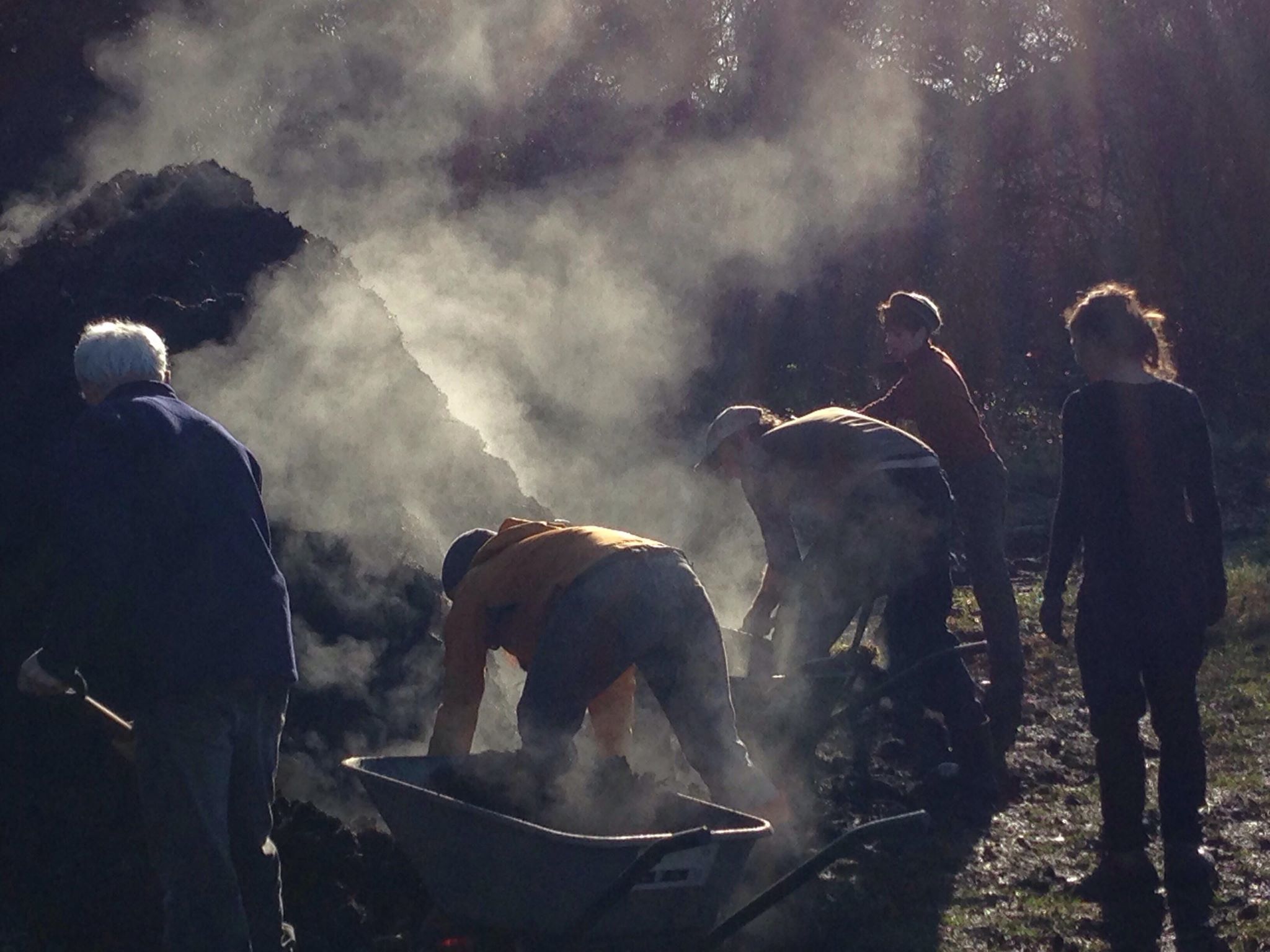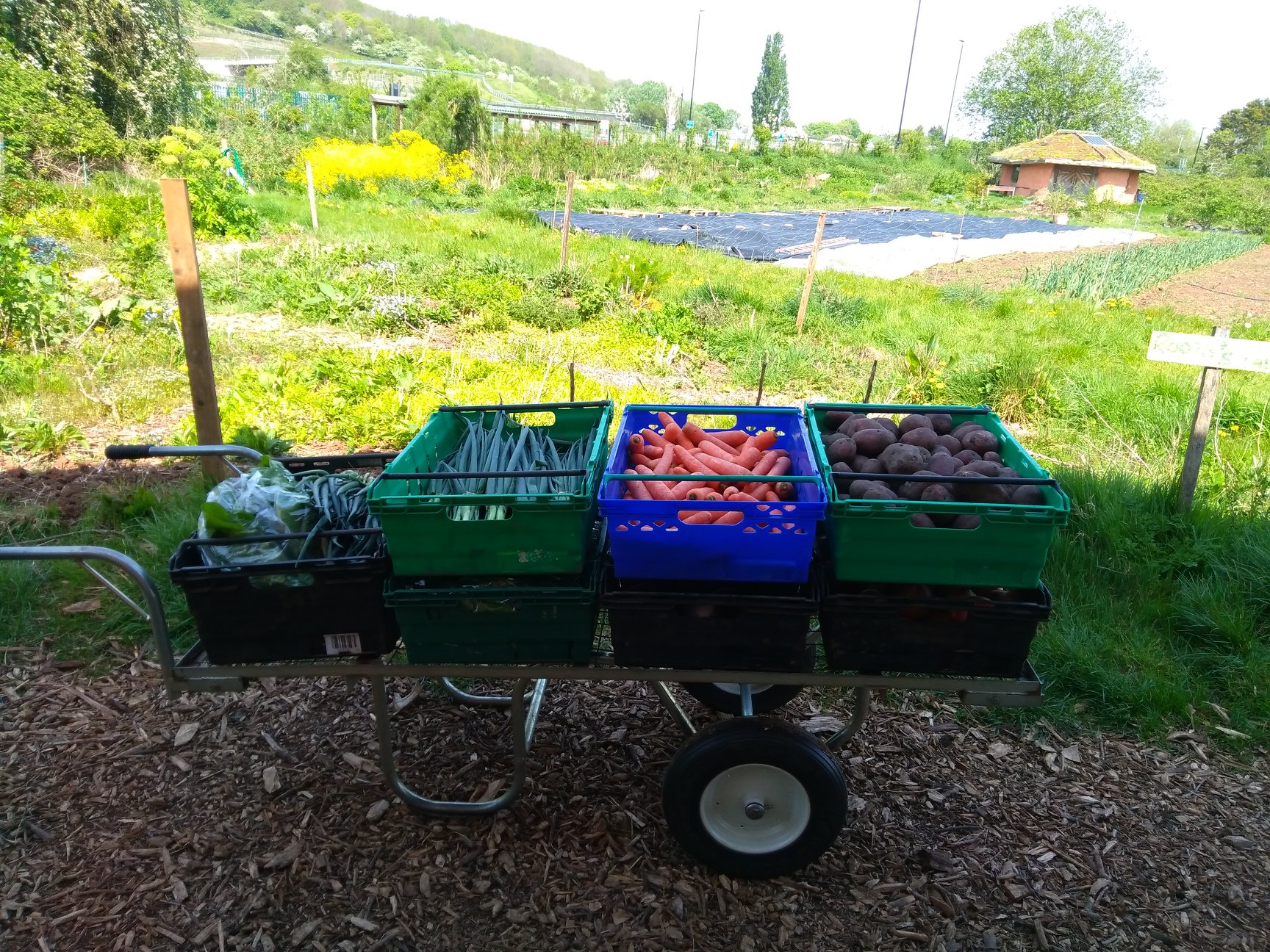UK | Urban Food Revolution Gaining Ground In Bristol

Small-scale urban farming is a key piece of the food resilience puzzle. In the face of crisis, local growing has proved a reliable ally. For the city of Bristol, a turning point in the local food revolution has been a community growing project called Grow Wilder that is rooted in respect for the soil and a collaborative ecosystem. Ursula Billington reports.
Grow Wilder, a community food and wildlife haven founded on Bristol’s urban fringe in 2012, caught immediate attention with its burgeoning produce in a year so wet that established projects reported crops rotting in the ground.
Its secret lies hidden in the rich red depths: the fertile soil of the Blue Finger, a strip of land just 4 miles from the urban centre running parallel to the city’s main connecting motorway. This soil is Grade 1 agricultural quality, a prime food-growing resource existent across only 3% of the UK. Defined as “Excellent quality with no or very minor limitations to agriculture. Yields are high and less variable than on land of lower quality” it is clearly a valuable resource – one that Grow Wilder work actively to sustain and protect.

Feeding cities
A mammoth 83% of the UK population lives in urban areas, so ensuring sustainable food security for Britain’s cities is crucial. Recently, emerging challenges have aligned to signpost small-scale urban farming as a key piece of the food resilience puzzle. The necessarily urgent response to environmental crises, the impact of the pandemic and Britain’s EU-exit have converged to provoke a look inward to the state of our domestic resilience, which in many ways has been found wanting.
…click on the above link to read the rest of the article…